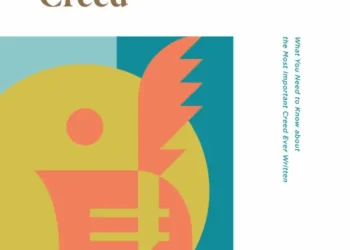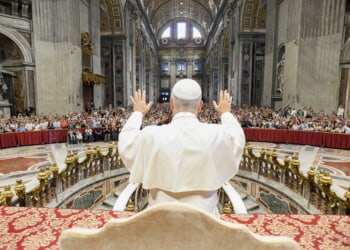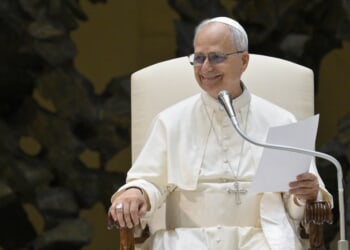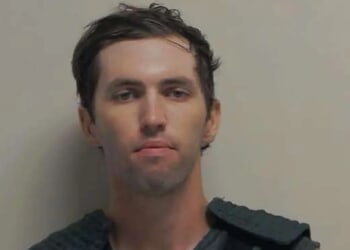CNA Staff, Aug 8, 2025 /
13:38 pm
Just before the state of Florida executed Edward Zakrzewski on July 31, the Florida Conference of Catholic Bishops (FCCB) called for a novena asking the faithful to pray for an end to Florida’s death penalty.
The novena began Aug. 6 and concludes Aug. 14, the memorial of St. Maximilian Kolbe, a Catholic priest executed in Auschwitz in 1941.
Zakrzewski’s execution marks the state’s ninth this year and sets a record for the most executions in a state in a single year since the U.S. Supreme Court reinstated the death penalty in 1976. Nationally, there has been a total of 28 executions in the first seven months of 2025, the highest in a decade.
The Florida bishops wrote that capital punishment is “harmful and unnecessary,” saying that “state-sanctioned killing further distorts society’s understanding of the sacredness of all human life, diminishing the recognition of our own inherent dignity and that of others.”
“We are called to mercy and compassion, not violence and vengeance,” the bishops continued. “With mercy towards the offenders, who themselves have often been victimized in life, and compassion for the victims of violence and their families, whose grief is not eliminated by the taking of another life, justice can be better served.”
Zakrzewski, convicted of the 1994 killing by machete of his wife and two children, was put to death by lethal injection at Florida State Prison. Gov. Ron DeSantis has signed 11 death warrants in 2025. The two remaining scheduled executions are for Kayle Bates on Aug. 19 for the 1982 murder of a woman in Bay County, and Curtis Windom on Aug. 28 for the 1992 killings of three people in Orange County.
The pace of these scheduled executions has drawn sharp criticism from Florida’s bishops as well as other advocates nationwide, who argue that capital punishment violates the sanctity of human life and is no longer necessary to safeguard society.
“Our ability to protect society by incarcerating the offender for life eliminates the need for executions, making every execution an act of revenge that outweighs any possible good to society,” the FCCB wrote.
Michael Sheedy, FCCB executive director, has repeatedly written to DeSantis on the bishops’ behalf. In his most recent letter on July 22, he called Zakrzewski’s crimes “especially heinous” but asked the governor to stay the execution and commute his sentence to life imprisonment without parole.
“Every human life, given by God, is sacred,” Sheedy wrote. “There is a way to punish without ending another human life: Lifelong incarceration without the possibility of parole is a severe yet more humane punishment that ensures societal safety, allows the guilty the possibility of redemption, and offers finality to court processes.”
While the Catholic Church has historically allowed the death penalty under strict conditions and where no other means could protect society, in his 1995 encyclical Evangelium Vitae, Pope John Paul II said it should only be permitted in cases of “absolute necessity.”
In 2018, Pope Francis went further and had the Catechism of the Catholic Church revised to reflect the death penalty’s inadmissibility.
While acknowledging the Church had long considered the death penalty an “acceptable, albeit extreme, means of safeguarding the common good,” the revised catechism now states that “the dignity of the person is not lost even after the commission of very serious crimes” and the death penalty attacks the “inviolability and dignity of the person.”
The U.S. Conference of Catholic Bishops (USCCB) has long advocated for the abolition of capital punishment, publishing a statement calling for its cessation in 2005.

















